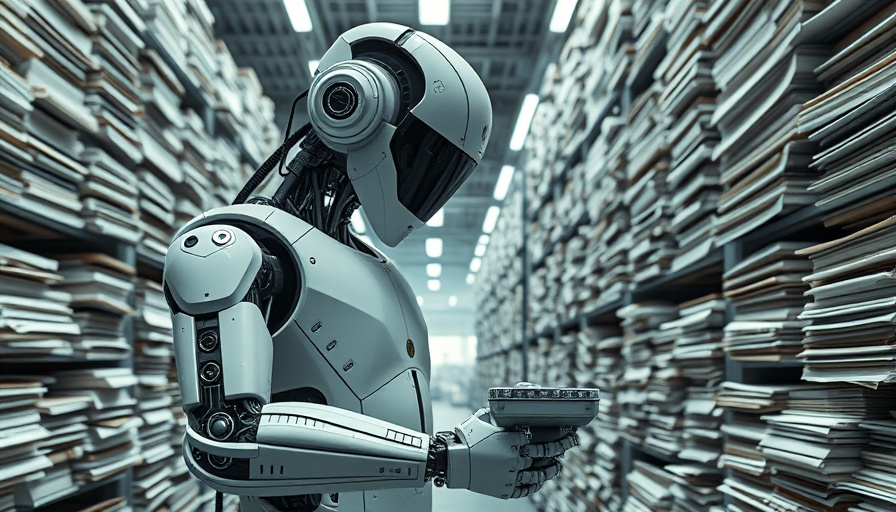
Understanding Non-Human Identity Controls
In the fast-paced world of development, non-human identity controls have emerged as a crucial element in securing digital operations. As organizations frequently use bots and automation to enhance their workflows, the need for robust identity verification for these non-human entities has skyrocketed. GitGuardian offers innovative solutions designed specifically to integrate non-human identity controls into existing developer workflows.
Why It Matters to Today's Developers
With the increasing reliance on automation, developers are often faced with the challenge of ensuring security without hindering productivity. GitGuardian’s approach humanizes these non-human identity controls, making them not only easy to implement but also more understandable for teams. This human-centric view encourages collaboration between security teams and developers, fostering a culture where security is everyone's responsibility.
Insights from the Field: Developers Perspective
As reported in various studies, developers often feel overwhelmed by security protocols that seem disconnected from their daily tasks. By integrating non-human identity controls smoothly into the development pipeline, GitGuardian alleviates these concerns. Developers can now focus on their core tasks, knowing that the security embedded in their workflows is managed intelligently.
Bridging DevOps and Agile DevSecOps Practices
The convergence of DevOps with Agile and DevSecOps methodologies has highlighted the importance of agile integration of security practices. GitGuardian's solutions bridge this gap by enabling teams to adopt better security postures while maintaining agile practices. The introduction of non-human identity controls not only reinforces security but also aligns with the fast-paced ethos of Agile DevOps.
Future Trends in Non-Human Identity Management
Looking ahead, we can expect non-human identity management to evolve alongside advancements in AI and automation. Organizations are likely to see a growing trend toward integrating AI-driven security measures tailored for non-human identities. This evolution not only enhances security resilience but also propels teams towards more sophisticated approaches to DevOps practices.
Actionable Insights for Thought Leaders
For team leaders and decision-makers in development and security, it is vital to embrace the integration of non-human identity controls. Establishing protocols that recognize and manage these entities as integral parts of workflows can significantly reduce security incidents while streamlining development processes. By prioritizing education on these controls and humanizing their implementation, organizations can cultivate an environment where security is no longer an afterthought.
In conclusion, GitGuardian's innovative approach to non-human identity controls not only enhances security measures but also strengthens the collaboration between developers and security teams. Embracing this shift towards human-centric security protocols will ultimately lead to more resilient dev environments and a culture of shared responsibility.
 Add Row
Add Row  Add
Add 




Write A Comment